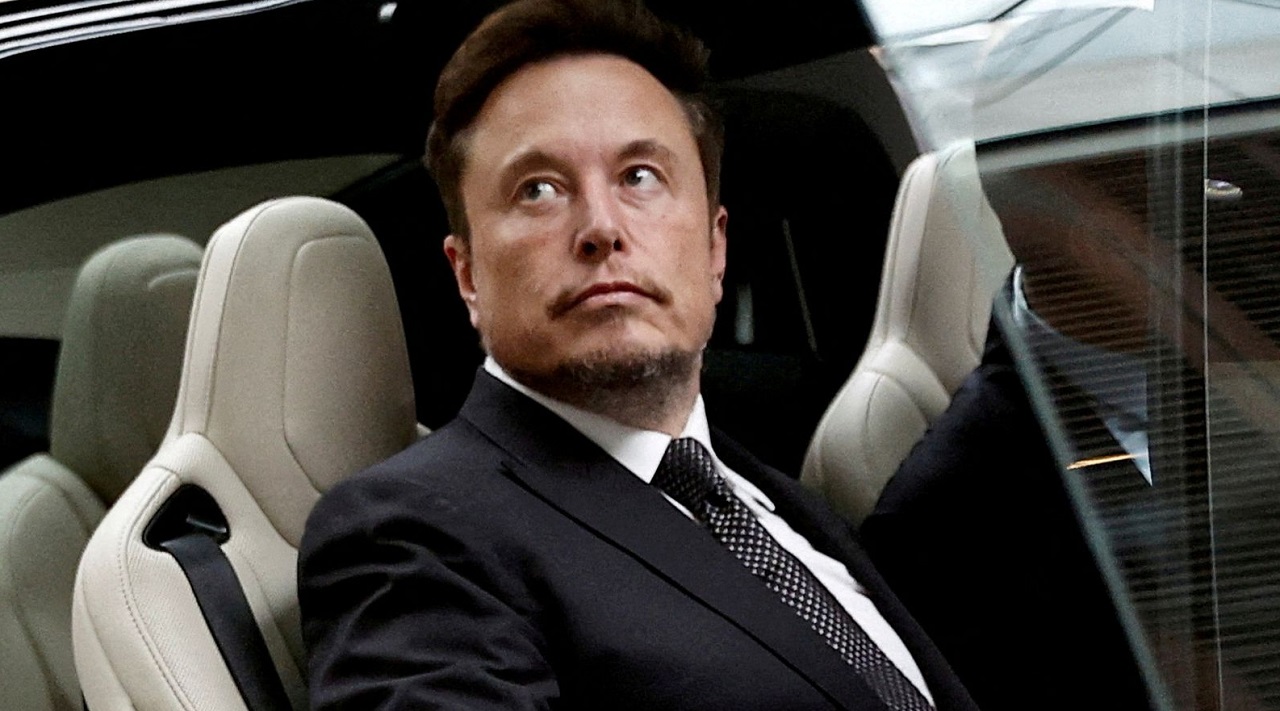Billionaire Elon Musk turns the dream of connecting the human brain to computers into reality. On January 30, Neuralink successfully implanted the first chip into the brain of a quadriplegic man, as Elon Musk’s startup takes gradual steps towards linking the human brain and computers.
For the first time in the world, a human brain has been integrated with an electronic chip. This is Elon Musk and Neuralink’s ambitious venture into the realm of merging human brains with technology.
I. Neuralink Startup Company
Neuralink Startup Company Neuralink is a startup founded by Elon Musk in 2016. The main goal of Neuralink is to research and develop technology related to communication between the brain and computers. Elon Musk unveiled the idea of connecting the human brain to computers to enhance cognitive abilities through a neural interface.
The primary project of Neuralink involves the development of a sensor called the “Neuralink device,” designed to be implanted into the brain to record and decode neural activity. The long-term goal of the company is to provide solutions for conditions such as neurological disorders, improve memory, and ultimately enhance human cognitive abilities.

As of that time, the company continues to advance its technology and conduct tests on animals to assess the performance and safety of the product. Neuralink has disclosed some details of their research through scientific papers and technology presentations.
What is Neuralink? Neuralink is a U.S.-based startup specializing in neural technology, established in 2017 by Elon Musk, the CEO of Tesla and SpaceX. Initially, it started as a small team of 7 engineers passionate about neural system research. If successful, the Neuralink chip could revolutionize the connection between the human brain and technology.
II. Ambitions of Neuralink
Ambitions of Neuralink The project of implanting chips into the human brain aims to improve daily life, particularly by aiding mobility in paralyzed individuals, enhancing visual and auditory capabilities. The dream of a “Frankenstein” scenario (referring to extraordinary human achievements) is coming closer, as the first patient has had a Neuralink chip implanted in their brain.
“I am confident that Neuralink will overshadow Tesla and SpaceX, in both the boldness and greatness of the project. While the other two companies aim to redefine what humans will do in the future, Neuralink wants to redefine what humans will be in the future,” expressed American journalist Tim Urban.
Neuralink’s ambition is to develop an interface connecting the human brain to computers or phones, allowing electronic devices to be controlled by thoughts. This innovation enables paralyzed individuals to move or improve conditions like Parkinson’s disease, which causes difficulty in movement, slow leg motions, or rigid limb tremors. Moreover, it could enhance physical abilities and even cognitive functions.

“Neuralink also allows you to control your phone or computer just by thinking,” Elon Musk shared on social media. Initial users will be those who have lost the use of their limbs. This is a top priority for this mission.
Neuralink engineers have designed a chip a few centimeters in size, inserted into the brain by a surgical robot (Robot R1) and placed in a specific area of the brain depending on each person’s condition. In the case of the first patient, who is quadriplegic, the chip was implanted in the central area of the brain responsible for controlling body movements.
Its task is to record information and then transmit brain activity to a computer or mobile app to decode signals and provide clearer message reading from the brain.
While this idea may sound crazy, it is about to become a reality. Elon Musk announced on social media, “The first patient, a quadriplegic, has had the first Neuralink chip implanted, named ‘Sensory God.'”
This first human trial has been carried out with the approval of the U.S. Food and Drug Administration (FDA). Previously, the company only tested its product on various laboratory animals, leading to strong criticism and opposition from animal rights organizations, resulting in a federal investigation into Neuralink.
III. What’s special about this new implant?
What’s special about this new implant? Previously, some companies like Precision Neuroscience and Synchron, sponsored by billionaires Jeff Bezos and Bill Gates, have researched brain-computer communication technology. The first implant into the brains of sick or paralyzed people is not entirely new, but Neuralink has some advantages.
Neuroscience expert Claude Touzet from Aix Marseille University in France explained, “This implant procedure takes less time than other products, reducing the risk to patients during the chip insertion process. Additionally, the thin electrodes of the chip allow recording of individual nerve cells rather than groups of nerve cells.”

Olivier Oullier, President of the Institute for Artificial Intelligence and Biotechnology in France, stated, “The strength of Neuralink lies in enabling various industries to work together through the connection of neuroscience, robotics, and technology. This is an ecosystem with all the means to create a revolution between biology and technology.”
To bring this chip to the market, scientists will need several more years of research and testing on humans. Elon Musk is democratizing neural technology that was previously confined to science fiction.
Currently, this new technology will undergo several years of testing before the first implant is introduced to the market. Elon Musk has always said that his initial project aims to improve brain injuries.
Initial successes in humans may serve larger goals that Elon Musk holds with great ambition. It could assist people in learning languages or conveying their thoughts mentally.
Elon Musk also hopes that one day Neuralink will serve as a bridge for humans to merge with artificial intelligence.



